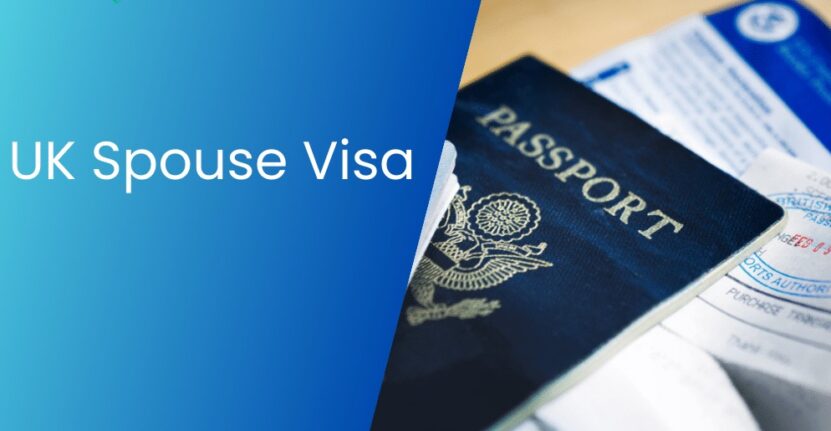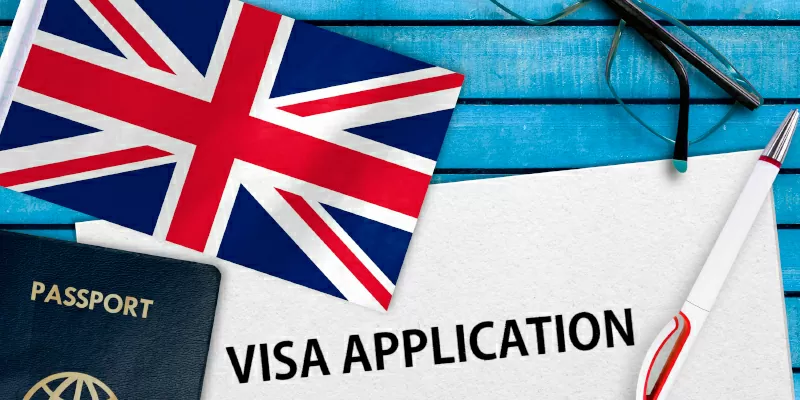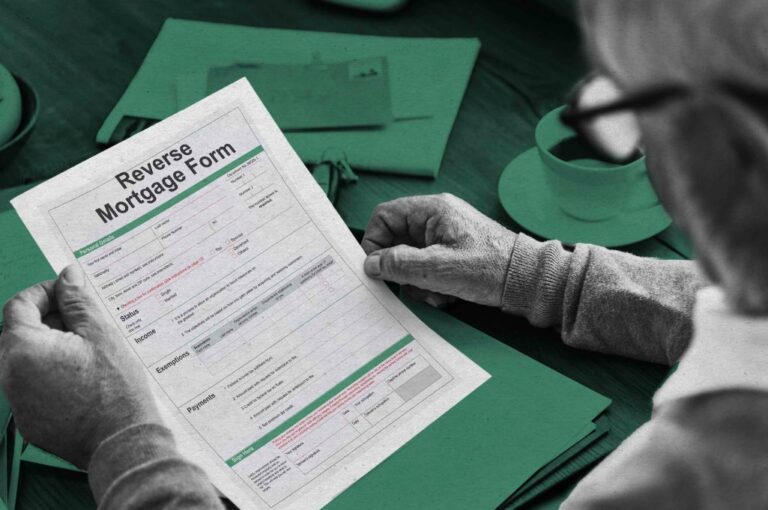When it comes to planning a wedding in the UK, understanding the intricacies of visa requirements is paramount. This blog post delves into the world of UK visas, shedding light on the different types available for couples and their guests. With the aim of simplifying this complex subject, we will offer essential tips and insights to ensure your special day unfolds without a hitch. The importance of this knowledge cannot be overstated, as it ensures legal compliance and a smooth experience for all involved in celebrating your union.
Why Understanding Visas is Crucial
Navigating the landscape of UK visa requirements is a critical step in wedding planning. This understanding is not just a matter of bureaucratic formality; it is the bedrock of ensuring your wedding is legally recognized. The consequences of overlooking visa regulations can range from minor administrative headaches to severe legal repercussions, including the possibility of denied entry or deportation. A clear grasp of the entry pass process safeguards your celebration, ensuring that all guests, especially those from overseas, can join you in your joyous occasion without any unforeseen complications.
Visa Choices for Couples Getting Married in the UK

For couples planning to tie the knot in the UK, several visa options are available, each tailored to specific circumstances and needs. The Fiancé(e) Visa, Marriage Visitor Visa, and Spouse Visa are the primary categories to consider. Understanding the nuances of each, from eligibility criteria to the application process, is fundamental. This knowledge empowers couples to make informed decisions, ensuring a path that aligns with their unique situation, whether they’re planning an intimate ceremony or a grand celebration. To further explore your options you can check out https://imperiallegal.com/media/articles/fiancee-visa-or-marriage-visa-what-visa-you-need-to-marry-in-the-uk.
Fiancé(e) Visa (Pros and Cons)
The Fiancé(e) Visa offers a gateway for international couples to unite in the UK. It’s designed for those who plan to get married within six months and subsequently settle in the country. While it provides the invaluable opportunity for couples to begin their life together in the UK, it comes with stringent financial requirements and a meticulous application process. Couples must demonstrate their intention to marry and their ability to support themselves without access to public funds. Successfully navigating this path requires a thorough understanding of the requirements and a carefully prepared application.
Marriage Visitor Visa (Pros and Cons)
For those who envision their wedding in the picturesque locales of the UK but don’t plan to settle there, the Marriage Visitor Visa is an ideal choice. It’s specifically tailored for couples seeking to experience their wedding day in the UK and then return to their home country. This entry pass is relatively straightforward to obtain, with fewer long-term requirements compared to the Fiancé(e) Visa. However, its temporary nature means couples must be clear about their intent to leave the UK after the wedding, making it less suitable for those wishing to reside in the UK post-marriage.
Spouse Visa (Pros and Cons)

The Spouse Visa is an avenue for individuals who are married to a UK resident or citizen, allowing them to live and work in the UK. This visa’s primary advantage is its potential to lead to permanent residency and citizenship. However, it comes with a rigorous application process, requiring proof of a genuine and continuing relationship, adequate financial resources, and a certain level of English proficiency. The application process can be daunting and time-consuming, but with proper preparation and understanding, it opens the door to a new life in the UK with your partner.
Visa Choices for Wedding Guests
Navigating visa options for wedding guests traveling to the UK is crucial in ensuring a smooth journey to witness a cherished union. The choice of entry pass largely depends on the guest’s relationship with the couple and the nature of their visit. Whether it’s a fleeting trip for the wedding ceremony or a prolonged stay to celebrate and explore, understanding the nuances between different visa types is pivotal. It’s not merely about legal compliance; it’s about choosing a path that aligns with the purpose of the visit, ensuring guests can partake in the festivities without any administrative hiccups.
Standard Visitor Visa (Pros and Cons)
The Standard Visitor Visa serves as a versatile option for wedding guests attending ceremonies in the UK. Its flexibility allows guests to partake in tourism, family visits, and even short business trips under one umbrella. However, this convenience comes with limitations. The entry pass strictly prohibits any form of long-term stay or employment, making it unsuitable for guests who wish to extend their stay for other purposes. While it simplifies the application process and covers a broad range of activities, applicants must be clear about their intentions to avoid complications during their stay.
Marriage Visitor Visa for Guests (Pros and Cons)
The Marriage Visitor Visa is tailored for guests attending weddings, offering a more focused option. Its advantages lie in its specificity, ensuring that authorities are aware of the visitor’s primary purpose. However, this focus can also be a limitation; the entry pass is not as flexible as the Standard Visitor Visa and is strictly for those attending a wedding or civil partnership ceremony. Applicants must provide comprehensive proof of their plans and ensure their itinerary is in line with the visa’s restrictions. While it offers clarity and a streamlined path for wedding guests, its narrow scope requires careful consideration and meticulous planning.
Top Tips for Visa Applicants

Securing a UK visa demands attention to detail and thorough preparation. Successful applicants understand the importance of presenting a clear, consistent narrative in their documentation, leaving no room for ambiguity about their visit’s purpose. Providing proof of ties to their home country, such as employment or family commitments, reassures authorities of the visitor’s intent to return. Timing is also critical; applying well in advance ensures that any unforeseen delays won’t disrupt travel plans. Applicants must navigate this process with precision, ensuring that every document, from bank statements to invitation letters, adheres to the highest standards of clarity and credibility.
Planning Ahead: Timelines and Deadlines
The path to a stress-free wedding experience is paved with meticulous planning, especially when it comes to visa applications. Couples and guests must be acutely aware of the processing times, which can vary significantly depending on the entry pass type and individual circumstances. Establishing a timeline checklist, factoring in application submission, potential interviews, and unexpected delays, is paramount. This proactive approach not only alleviates last-minute panic but also ensures that every guest can book flights and accommodations with confidence, knowing their presence at the wedding is secured.
Conclusion
Understanding the intricacies of UK entry pass options is more than bureaucratic necessity; it’s a foundational step in crafting memorable wedding experiences. Whether opting for the versatility of the Standard Visitor Visa or the specificity of the Marriage Visitor Visa, the key lies in meticulous planning and a deep understanding of each option’s nuances. By embracing these insights and adhering to the provided tips, couples and guests can navigate the administrative maze with ease, ensuring that every moment spent in the UK is focused on celebration, not paperwork.







